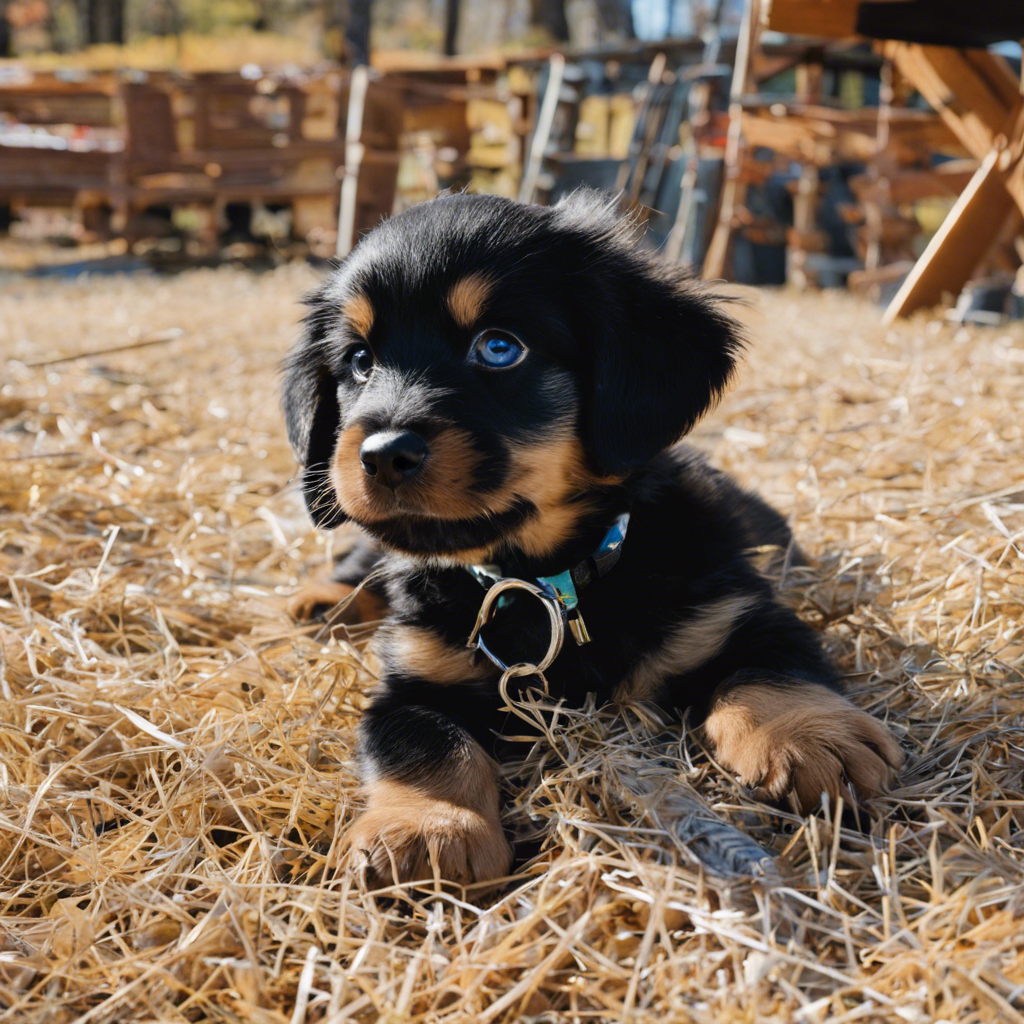Socializing your puppy is an essential part of their development, ensuring they grow up to be well-adjusted and confident adult dogs. This process involves exposing your furry friend to various people, places, animals, and environments, helping them understand and navigate the world around them. With a well-thought-out socialization checklist, you can provide your puppy with a solid foundation for a happy and healthy life.
**Early Socialization Window:**
The critical socialization period for puppies typically spans from 3 to 14 weeks of age. During this time, they are most receptive to new experiences, and positive encounters can greatly impact their future behavior. It’s crucial to introduce your puppy to different stimuli in a controlled and positive manner, ensuring each experience is rewarding.
**People and Social Interactions:**
1. Invite a variety of people to your home: This includes individuals of different ages, genders, ethnicities, and physical appearances. Encourage your puppy to interact and receive treats or praise from them, fostering positive associations.
2. Visit parks or public spaces: Take your puppy to areas where they can meet new people and experience different sounds and sights. Gradually expose them to crowds and busy environments, always ensuring their comfort and safety.
3. Handle and Grooming Sessions: Regularly touch and handle your puppy’s paws, ears, tail, and body gently. This prepares them for grooming and veterinary examinations, making these experiences less stressful.
4. Train your puppy: Teaching basic commands and tricks not only enhances their obedience but also strengthens the bond between you and your furry companion.
**Environmental Exposure:**
1. Outdoor Adventures: Take your puppy on walks in various locations, introducing them to different surfaces like grass, concrete, sand, and gravel. Let them explore and investigate their surroundings, fostering curiosity and confidence.
2. Household Sounds: Accustom your puppy to household sounds like the vacuum cleaner, hairdryer, or ringing doorbell. Start with low volumes and gradually increase the intensity, rewarding calm behavior.
3. Car Rides: Familiarize your puppy with car travel by taking them on short, enjoyable trips. This helps prevent travel anxiety and makes future vet visits or road trips smoother.
4. Different Environments: Expose your puppy to various environments like parks, beaches, or even city streets. This broadens their comfort zone and adaptability.
**Introducing Other Animals:**
1. Playdates with other dogs: Arrange supervised playdates with friendly, vaccinated dogs. This teaches your puppy valuable social skills and manners.
2. Cats and small pets: If you have other pets, introduce them gradually and in a controlled setting. Supervise these interactions to ensure positive experiences.
**Socialization Beyond the Checklist:**
While checklists are a great starting point, each puppy is unique, and their socialization needs may vary. Pay attention to your puppy’s reactions and adjust the pace of exposure accordingly. It’s important to expose them to a wide range of experiences while ensuring each encounter is positive. If your puppy shows fear or anxiety, slow down and create a more gradual introduction to the stimulus. Always prioritize your puppy’s comfort and safety during socialization.
Remember, the goal is to raise a confident, well-rounded dog. With patience, consistency, and a structured approach, your puppy will be ready to explore the world with curiosity and a positive mindset. Socialization is an ongoing process, and even as your puppy grows, continue to expose them to new experiences and reinforce positive associations. Happy socializing, and enjoy the journey with your furry friend!
By following this comprehensive guide, you’ll be well-equipped to provide your puppy with the best start in life, ensuring they grow up to be a well-socialized and happy canine companion.

